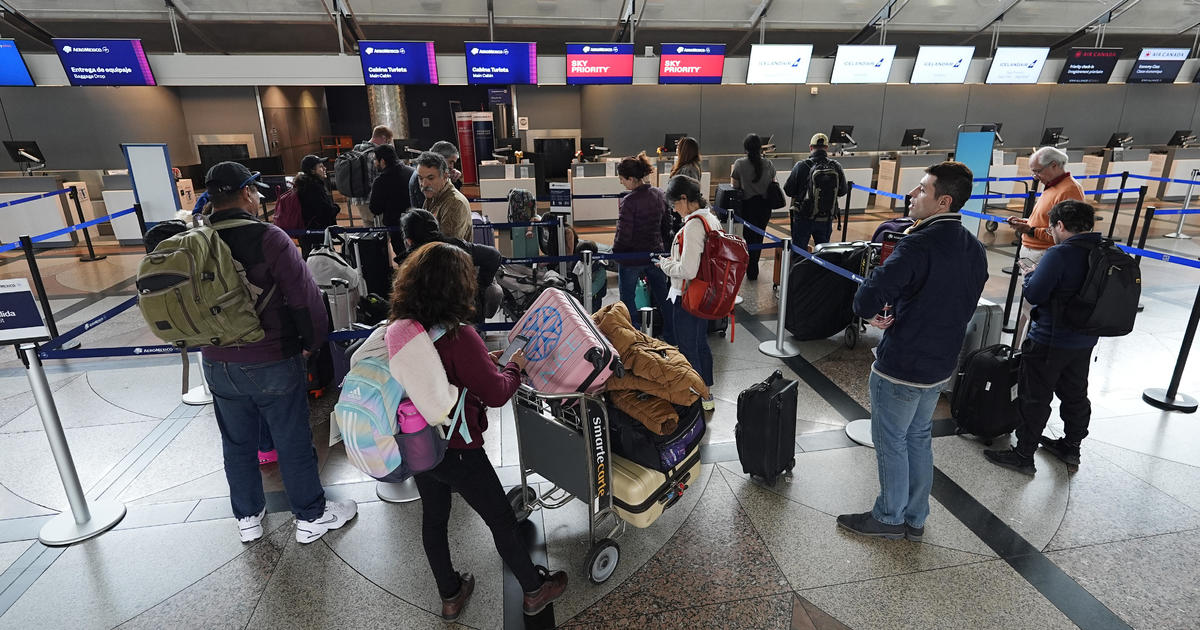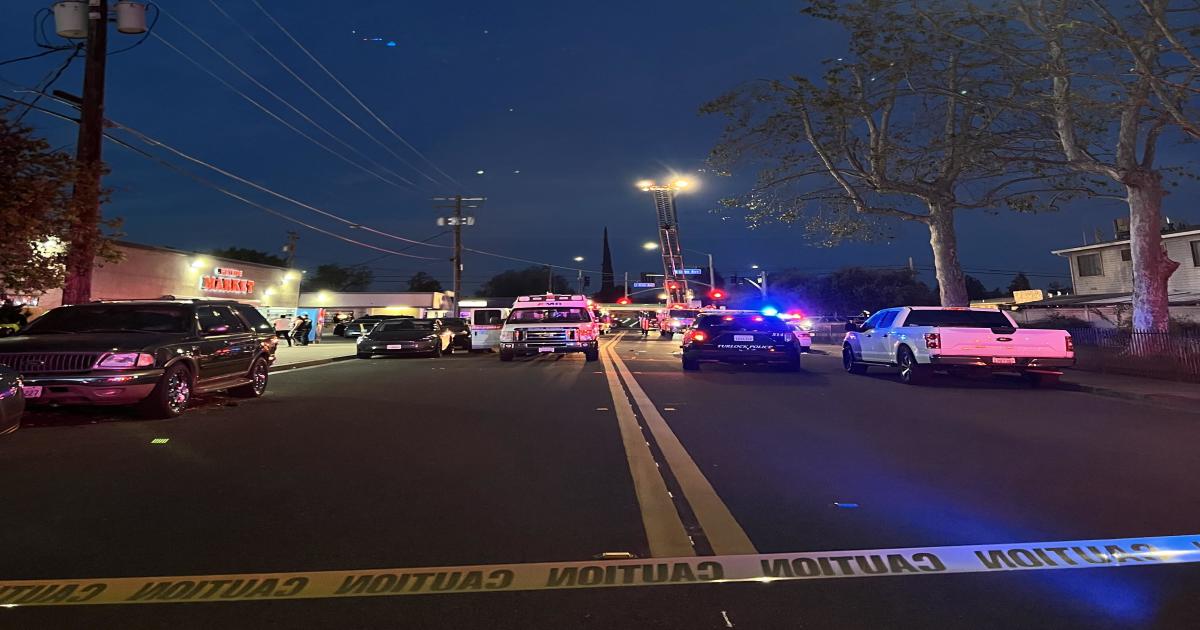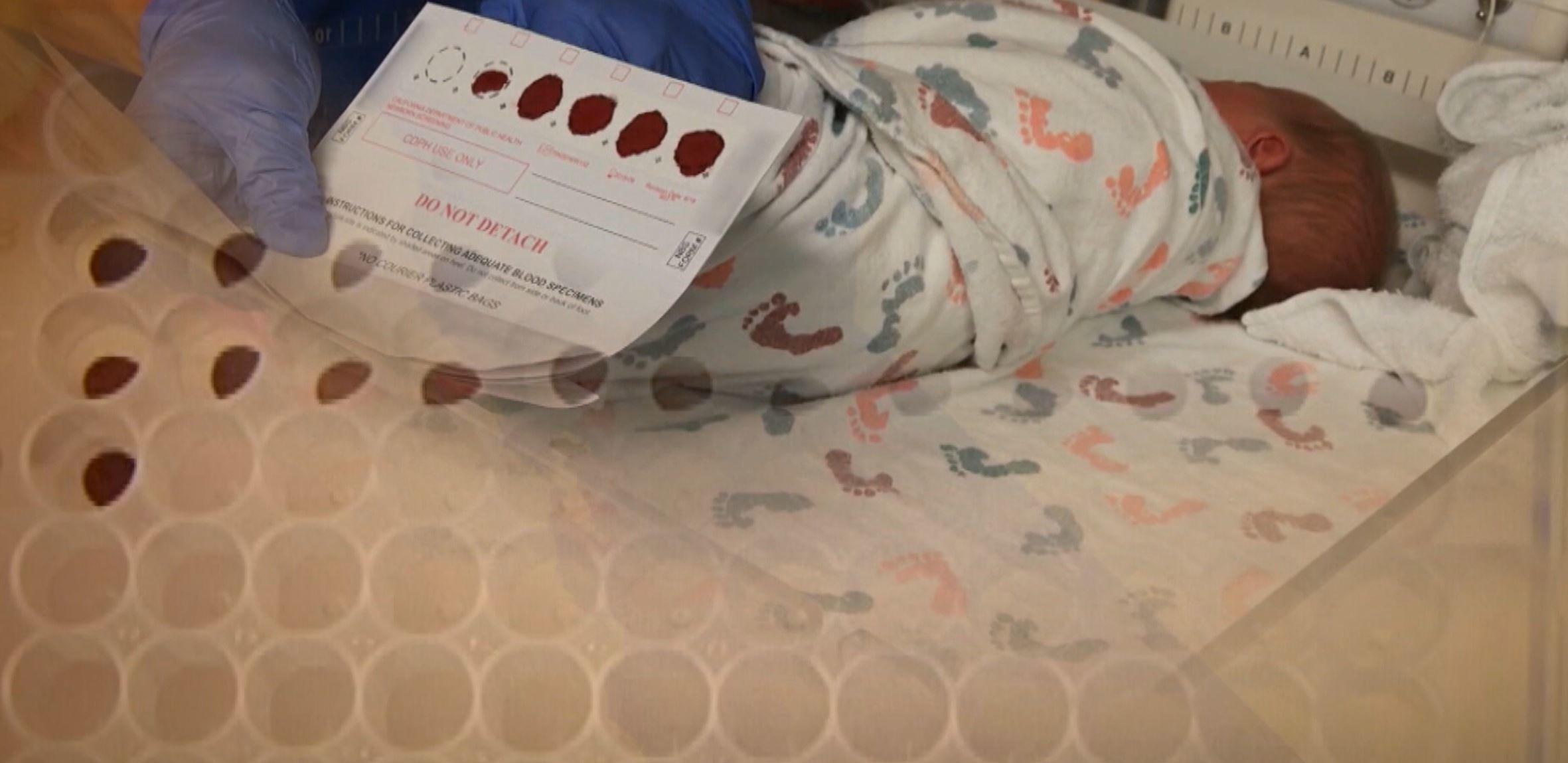Privacy Advocates Flag Concerns About Possible Government-Required Proof Of Coronavirus Vaccine
SACRAMENTO (CBS13) — State health officials believe a COVID-19 vaccine will be widely available by next year.
But debates are happening now about how people will prove they received it. Proof that you're protected from COVID-19 may not be a private matter. The government is considering different ways to confirm a person got the vaccine. The effort is already met with pushback.
"We're building the infrastructure for a serious surveillance problem," said Adam Schwartz, an attorney for the Electronic Frontier Foundation.
The CDC released guidance that suggests providing a COVID-19 vaccination record card to everyone who gets the shots. The World Health Organization has tossed out the idea of immunization passports, or certifications that would label someone as "risk-free and immune to COVID" so they can travel.
A vaccine might change how the entertainment world sells tickets. Ticketmaster has already announced that fans who want to go to concerts in the future, may have to show proof of a vaccine or negative COVID test. The company is considering using a cellphone app to do that.
"My husband and I, we love to go to concerts like that's what we do but sharing my medical information to go to a concert. I might have to pass on that one," said Sabrina Cater, who lives in Sacramento.
More from CBS Sacramento:
- Rocklin Church Holds Packed Indoor Services Despite COVID Restrictions
- After Large Party In Rio Linda, County Public Health Says They Need Help Stopping 'Super-Spreader Events'
- Memorial Held For Father Of 8, Ahmad Hempstead, Killed While Working In South Sacramento
Privacy advocates are flagging several concerns with sharing COVID-19 health information. Schwartz said government enforcement of a vaccine should involve education.
"But as soon as we take a punitive approach, coercive approach that you're punished for not taking it or proving that you have it, the trust breaks down," he said.
Schwartz said using phones or apps to present proof of a vaccine, creates a social justice problem.
"It's going to be poor people who are excluded because they are going to be the last to get the vaccine and the last to have the technologies that are needed," he said.
Beyond exclusion and discrimination, some in Sacramento fear losing their personal information.
"The amount of medical information that they are able to share publicly to privately to companies, that's where it can get a little bit sketchy," said Steven Abella, a Sacramento resident.



